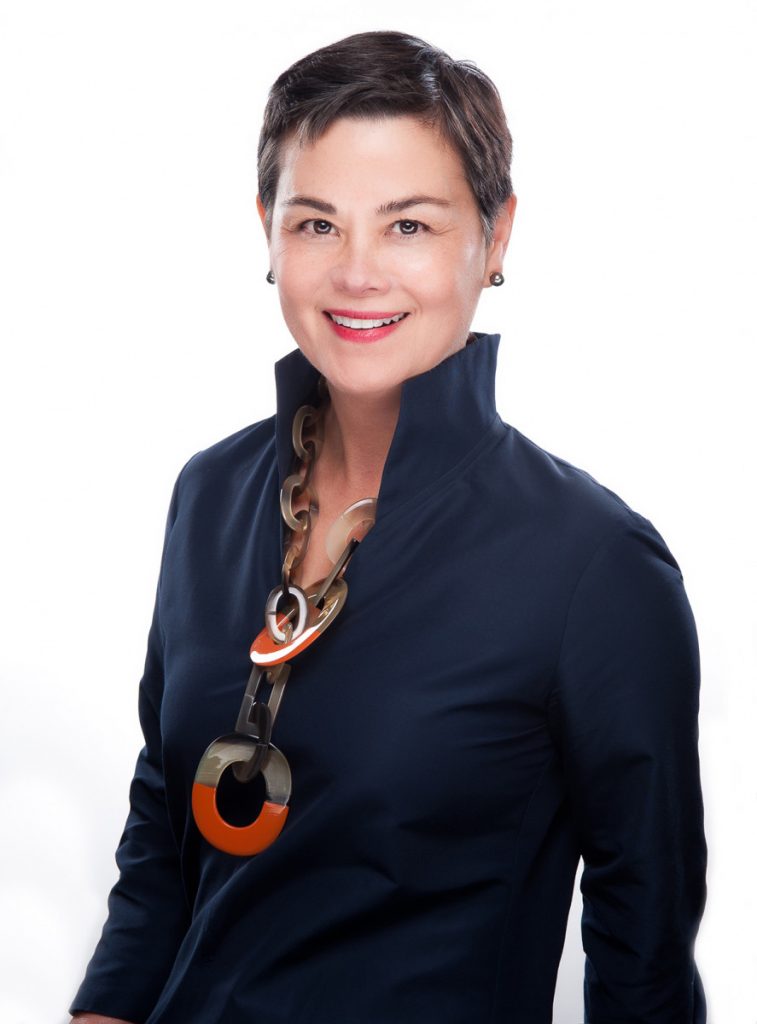There are all sorts of reasons why people are reluctant to talk to family, friends and even professionals, about money.
Among the most prevalent and enduring reasons is that from a very young age, many have received the notion, one way or another, that mentioning money is impolite. Similar to religion and politics, it’s often deemed inappropriate for kitchen or dining room table talk, as well as for conversations outside the home.
Consider, however, these pithy quotes: “Money makes the world go round,” from Liza Minnelli in Cabaret; “Money, (is) power at its most liquid,” from Mason Cooley; “A woman’s best protection is a little money of her own,” Clare Booth Luce; “Money is the barometer of a society’s virtue,” Ayn Rand; “Very few people can afford to be poor,” George Bernard Shaw.
And: “Anything that gets people to think harder about their financial security and take some responsibility is a good thing,” from financial adviser Suze Ormon.
At 9:15 a.m. on Thursday, Aug. 18, Sheila Schroeder will return to the Chautauqua Women’s Club house to lead a discussion, titled “Let’s Talk About Money,” as part of CWC’s Chautauqua Speaks series.

In August 2016 she spoke at the CWC on “Why We Need to Talk About Money and How to Get Started” and in July 2017 she discussed “Creating Personal Financial Planning Policies” for the former Chautauqua Professional Women’s Network series, established by Avivah Wittenberg-Cox.
Schroeder wants to get people to not only think harder, but also talk more comfortably about money. A frequent speaker on financial literacy, planning and empowerment, she also coaches individuals — including teenagers — on navigating their financial life.
She is a senior vice president at Wealthspire Advisors and the San Francisco’s office regional head of business development. In addition to other volunteer leadership positions, she is a member of the Chautauqua Foundation Board of Directors, for which she chairs the strategic planning committee.
“People have a very hard time (talking) about money,” Schroeder said. “… It’s not polite, it’s gauche, it’s private. That’s gotten a lot of people in trouble. I would argue that almost everything has a financial tether. How’s that impacting some of our relationships?”
Young people are recognizing this trouble and are responding by helping each other out, according to Schroeder.
“The crux of it is about (my belief) that financial empowerment equals freedom,” she said. “How do we even begin to address financial empowerment if we’re uncomfortable?”
She will discuss this in direct relation to the housing realites of Chautauqua.
“We live in a community where there are many multigenerational homes often (shared by family members with) different means,” Schroeder said. “Some can afford them, others cannot. How do you try to have a conversation that prevents family strife?”
Because people are raised with different frameworks about money, there can be conflict; Schroeder gave the example of one person being more frugal, or less comfortable with risk, than another. How such differences are navigated and talked about — especially without drama — matters.
For her, there are “no stupid questions” about money, because if you don’t know the answer, it’s not a stupid question. Money can be demystified, and it need not be intimidating. Not being knowledgeable about money can make one fearful.
Consequently, Schroeder is writing a book she’s calling You Can Talk About Money.
“People think they’re supposed to know about money,” she said. “Why? Has anyone ever taught it to you? Maybe you’re a doctor, or a marketer, or a baker. Finance is a particular skill. … Nobody springs from the womb knowing how to cook. … I can bake a cake. I think Ecklof (Bakery in Jamestown, New York) makes a better cake. I have no shame getting it. Don’t beat yourself up.”
Schroeder said that in the San Francisco Bay Area she helps people create financial book clubs. There is no expectation to read a book every month; reading an article or even exploring a concept, is fine.
“Find a friend or a group of friends and you can learn together,” she said. “It could be two people, or five. Sometimes you need more intimacy. Discuss articles and ideas. … It doesn’t have to be a full-time job. Just start to educate yourself and build on it.”
She said that she needs a “money buddy,” and thinks everyone does.
Thursday morning’s discussion will include a breakout session into small groups, and tools for people to try with family and friends.
“This is about helping people feel empowered,” Schroeder said. “No one knows everything. It’s really about the power of the collective if you get a bunch of friends together. No one runs a marathon without training.”
One of the more empowering takeaways will be that money talk isn’t impolite, especially when Schroeder’s conversational tools are used.




